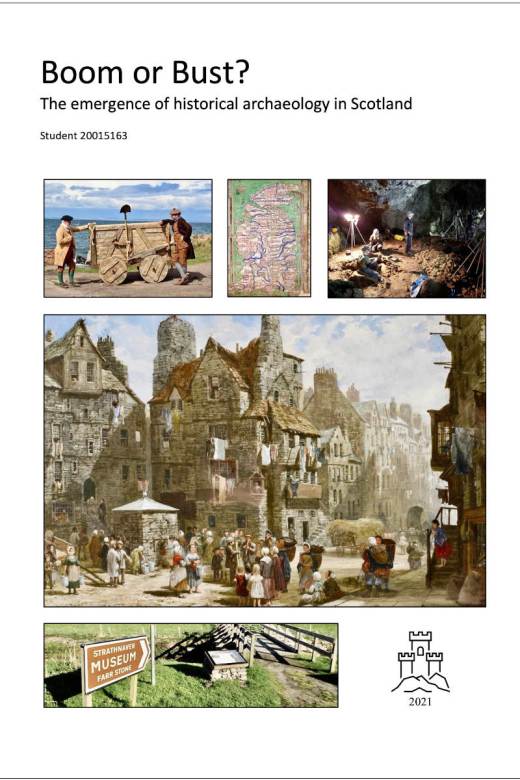The Archaeology of Now
Archaeology as a Tool for Change
The question ‘why do we do archaeology?’ is therefore bound up with the question ‘why is archaeology… so important to us?’ And this again leads on to the question of ‘us’, of our identity — who are we?’” Matthew Johnson, British archaeologist and theoretician
Heritage is a nomadic term which travels easily, and sets down roots — or bivouacs — in seemingly unpromising terrain.
Raphael Samuel, British Historian (1934 — 1996)
Intention
Building upon Rodney Harrison’s ideas of an archaeology of now and ‘in and of the present‘, this website examines the material culture humans produce, utilise, and leave behind in order to connect the dots from where we have been to where we stand, illuminating processes of change that can help us determine where we are going. In doing so, archaeology becomes a tool for change and a vehicle to self-realisation.
Intentionally provocative, this website investigates recent conflict through the lens of archaeology. It seeks to hold accountable popular narratives whether by mainstream media, mob-editors, or those in power as a means to encourage respectful dialogue and a thoughtful consideration of evidence which can help bridge the chasm that divides us from one another and offset the conflictual nature of social media. It pays homage to the many archaeologist’s who discovered that archaeology has something to say about who we are ‘now’, and by doing so, can help chart a better future for all of us…
Inspiration
Archaeology has a role in such circumstances in presenting material evidence which can challenge, provoke, confront, and around which to develop multiple perspectives on the recent past and present. But, equally importantly, archaeology is a discipline which can help us to understand the virtual through a consideration of its material culture and the impact of digital technology on social relations and contemporary life. It is only by addressing such key issues that archaeology will develop for itself a critical social and political function in contemporary society in the twenty-first century.
Rodney Harrison, British Archaeologist
High Street Headlines
A first look at notable headlines through the eyes of an archaeologist… ??
Jack Dorsey Speaks
A recent article from the Daily Mail (UK) was astounding in its revelation of another side of Jack Dorsey, the creator and one-time CEO of Twitter. From his comments about the recent acquisition of Twitter by Elon Musk (who seeks to make it a private company), it is obvious Dorsey has been operating under some…
Twitter, Musk, and Archaeology
A cowboy to the rescue? The recent acquisition of Twitter by Elon Musk culminates an amazing sequence of events that bodes well for free speech. For “activist archaeologists”, Musk’s takeover offers the possibility of Twitter becoming a “go-to” public platform for archaeologists… Continue Reading

About
This blog is presented as a public service to illuminate and encourage alternative perspectives on current events which otherwise might not see the light of day given today’s climate of media-censorship, mob-thinking, and crowd-editing which has come to define the internet.
Blog Editor: David MLitt, FSAScot
David is a British-American archaeologist, author, and mystic. He offers his perspective on archaeology and current events as a public service, inviting comments and contributions from all viewpoints. He has a Masters with Distinction in Archaeological Studies from the University of the Highlands and Islands and is a Fellow of the Society of Antiquaries of Scotland (est. 1780). He resides in beautiful Burntisland, Scotland.
Postgraduate Papers
Samples from 2020/2021.



Writer’s Hut
…Charles Thomas’s attention to detail and propensity to store excavation material for a later day, revealed a bonanza when, after 60 years, technological advances in radiocarbon dating dated Thomas’s charcoal finds to the life of Columba.
Boom or Bust?
According to the Society for Historical Archaeology (SHA) founded in America in 1967, historical archaeology is the “study of the material remains of past societies that also left behind documentary and oral histories” while focusing on the “emergence, transformation, and nature of the Modern World”.

Book recommendation: Archaeological Theory by Matthew Johnson
Notwithstanding a rather foreboding, textbook-like title, this is a wonderful, reader-friendly book for both amateur archaeologists and serious students.
Written in an engaging and approachable manner, it provides an “excellent account of the linkages between theory, practice, and intellectual context as it ranges from the origins of New Archaeology to the emergence of contemporary positions such as feminism, poststructuralism, and phenomenology” (Robert Preucel, Univerasity of Pennsylvania).



So forget any ideas you’ve got about lost cities, exotic travel, and digging up the world. We do not follow maps to buried treasure, and “X” never, ever, marks the spot. Seventy percent of all archaeology is done in the library...
Indiana Jones in The Last Crusade
Yes, but that other thirty percent is pretty exciting. ?
Art and Archaeology
Arising from the question what is archaeology, one of the most promising areas to be explored is at the convergence of art and archaeology. In the video below, a postgraduate group project involving myself and two other students in 2020, the idea of performance archaeology is presented here to give you an idea of this exploration. Focused on Rodenbraes, a cottage site in Fife, Scotland, dating to at least the 1600s, our group used the ruins to highlight the 60+ women who were put to death in Fife from AD 1597 to 1698 for practising witchcraft. Combining poetry, music, and art with an actual archaeological site, the project becomes a deep map to help the viewer experience Rodanbraes from an angle not often considered…
Recent Posts
My world and welcome to it.









